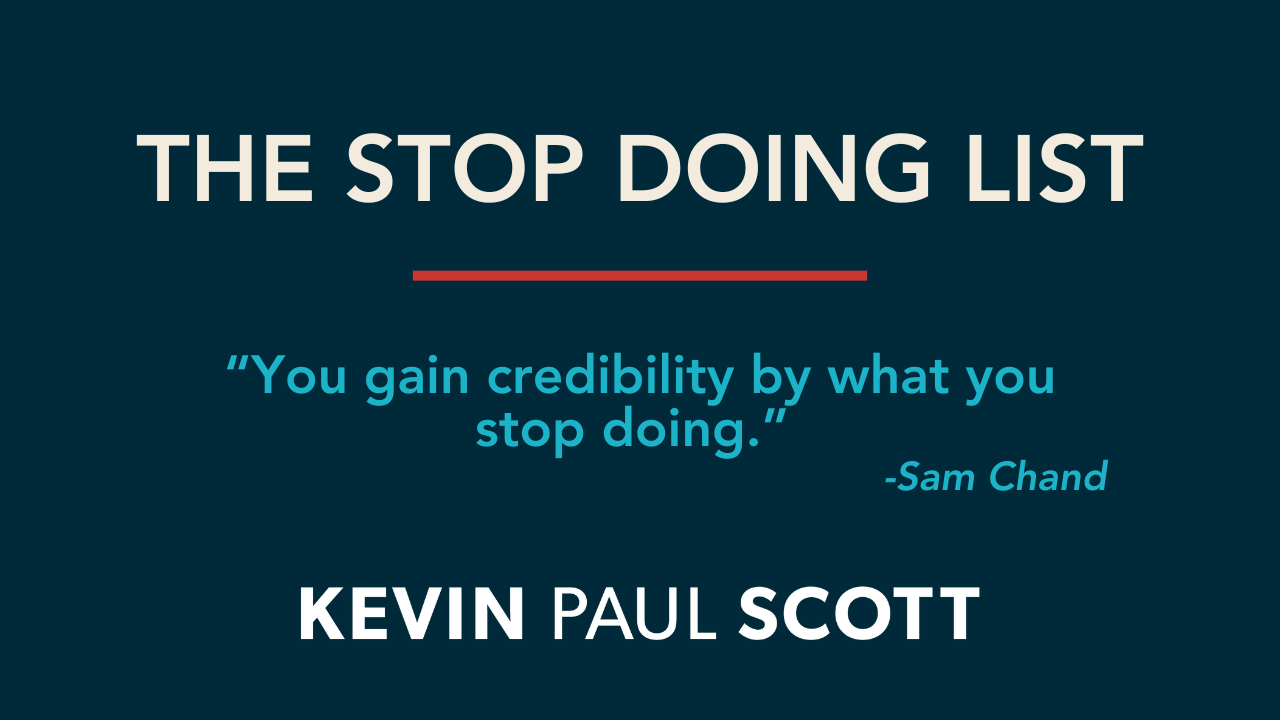America was in the middle of the Civil War. In addition to the strife in the country, Longfellow himself had suffered great personal loss. In 1861, he lost his beloved wife in a tragic accidental fire. And at the start of 1863, his son snuck away and joined the Union army against his wishes, risking another life Longfellow couldn’t bear to lose.
With all of these things weighing heavily, he wrote this poem in response to the bells he heard chiming that Christmas Day in 1863:
I heard the bells on Christmas Day
Their old, familiar carols play,
And wild and sweet
The words repeat
Of peace on earth, good-will to men!
The Christmas bells chimed just like they had every year before, and they sang of “peace on earth, good-will to men.” However, between the war and Longfellow’s deep personal sorrow, this message of peace and good-will felt out of place. It felt like a wasted celebration in such a tumultuous time. It felt like a lie.
So Longfellow’s response is not surprising:
And in despair I bowed my head;
"There is no peace on earth," I said:
"For hate is strong,
And mocks the song
Of peace on earth, good-will to men!"
Longfellow couldn’t reconcile what was happening in the world with a seemingly surface-level Christmas celebration. For Longfellow, there was no peace. There was just hate, and there was nothing left to do but despair.
I wonder if any of you this year feel the way that Longfellow felt that Christmas season?
Maybe you’ve put up the tree, you hear Christmas music on the radio, but something still seems off. All of the lights, the wrapping, the cards, and the songs might feel a little like we’re trying to put lipstick on a pig. This world is broken. It’s divided. It’s full of disease and pain and death. It’s full of hate. And if you look around, there seems like there is a lot more despair than peace or good-will.
But Longfellow doesn’t end his poem in despair. He goes on and ends with hope for himself and for us. Then pealed the bells more loud and deep:
"God is not dead; nor doth he sleep!
The Wrong shall fail,
The Right prevail,
With peace on earth, good-will to men!"
Like all of us, Longfellow needed to remind himself of something—the hope of Christmas does not hinge on the state of our present circumstances. The hope of Christmas does not change whether it’s 1863 or 2020.
The hope of Christmas does not hinge on the state of our present circumstances.
Even when it doesn’t seem like it, we all need the reminder that the wrong shall fail and the right prevail. Why? Precisely because of what we celebrate at Christmas.
For there is born to you this day in the city of David a Savior, who is Christ the Lord. And this will be the sign to you: You will find a Babe wrapped in swaddling cloths, lying in a manger. And suddenly there was with the angel a multitude of the heavenly host praising God and saying:
“Glory to God in the highest,
And on earth peace,
goodwill toward men!” (Luke 2:11–14).
My hope for all of us is that we can rest in the hope of the true and glorious meaning of Christmas.

























.svg)




